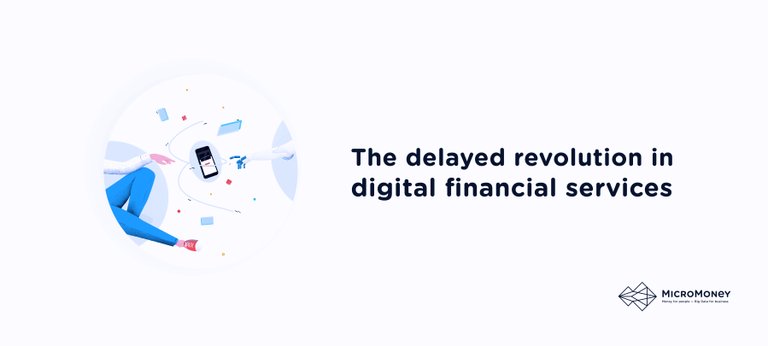
Together with the advancement in technology, technology can change our environment system, our knowledge, our work and our communication.
Nowadays, technology is the essential thing for us. On the other side, modern digital technologies cannot change financial services. The Digital Financial Services (DFS) can increase the delivery of financial services through technologies like mobile phone that enable solutions, electronic money models and digital payments platform. Financial regulators have recognized the DFS that can do financial inclusion and pursue to unlock this potential by creating environments for digital financial services. The digital financial service supports learning efforts and provide ideal platform exchanging knowledge and experiences among regulators.
Open data is the main point to convert the role of business transactions. Open data is the interoperability of digital information to improve its usability and accessibility. Interoperability is the system to work with other systems, present or future without any restrictions or implementations. Fintech companies and financial institutions should insert an assumption of interoperability and harmonized technical standards in their product and services to reduce friction for consumers and help the underserved and well served alike to connect different function in their financial life. Under the Obama administration it has made open data a cornerstone of its digital government strategy. Open data can give informational portability for customers. Informational portability means customers can share and use their different individual services and products.
Customers and small businesses become the use of digital online and mobile banking. It is easy to share information to each other. Digital banking gives a forceful, complete set of online and mobile banking tools. It can use all of our devices such as mobile phone, tablet and computer. Customers can pay bills from your tablet, computer or mobile phone. You can just use your email address or your mobile phone number. Customer can do everything with digital banking from their mobile phone or tablet. Improvement in computing power and mobile technology are providing firms with additional opportunities and alternate access to meet the digital demands and realities of a 21st century global economy.
MicroMoney is the professional experienced in working emerging market. We bring our customer to the new global crypto economy. We analyze big data by using our AI Neural Network scoring and this is to obtain a loan approval decision. Customer can borrow money using our app. We provide money to people and we are helping to create digital financial identity, to build creditworthiness and reputation and to start credit history. Our products perform a digital financial identity on blockchain and big data from borrower’s mobile phone. MicroMoney call center helps borrowers to open bank account and install e-wallet on their mobile phones. MicroMoney respects all detail information of consumer and we will never tell our consumer’s information with third parties without their permission.
Fintech companies often face doubts from financial regulators like issuing banks and federal government. Data security is another regulator to concern about because of the risk of hacking as well as to protect sensitive customer and corporate financial data. The leading global fintech companies are protectively turning to cloud technology to improve forceful compliance regulations. Marketing is another objection for the fintech companies as they are competing by large competitive. The security is faced by historical bank companies since they do offer internet connected customer services. Leading fintech names include Acorns, Betterment, Digit, Mint, and Wealthfront.
Companies do the same rules of customer protection and complete providing quality and services. The Consumer Financial Protection Bureau (CFPB) can work by creating tools, answering common questions and help things that consumer need. CFPB create the point of accountability for enforcing federal consumer financial laws and protection consumers in the financial market place. Under the Dodd-Frank Act, the CFPB is required to consider potential cost and benefits of its rule. The CFPB’s rulemaking start with research and it is informed by public input, including field hearings, consumer and industry roundtables, advisory bodies and small business review panels. CFPB protect consumers from liabilities from data sharing. This model already exists for electronic transfer due to measure such as Federal Reserve’s Regulation E and Regulation Z.
Great news...tnx
Thank you!